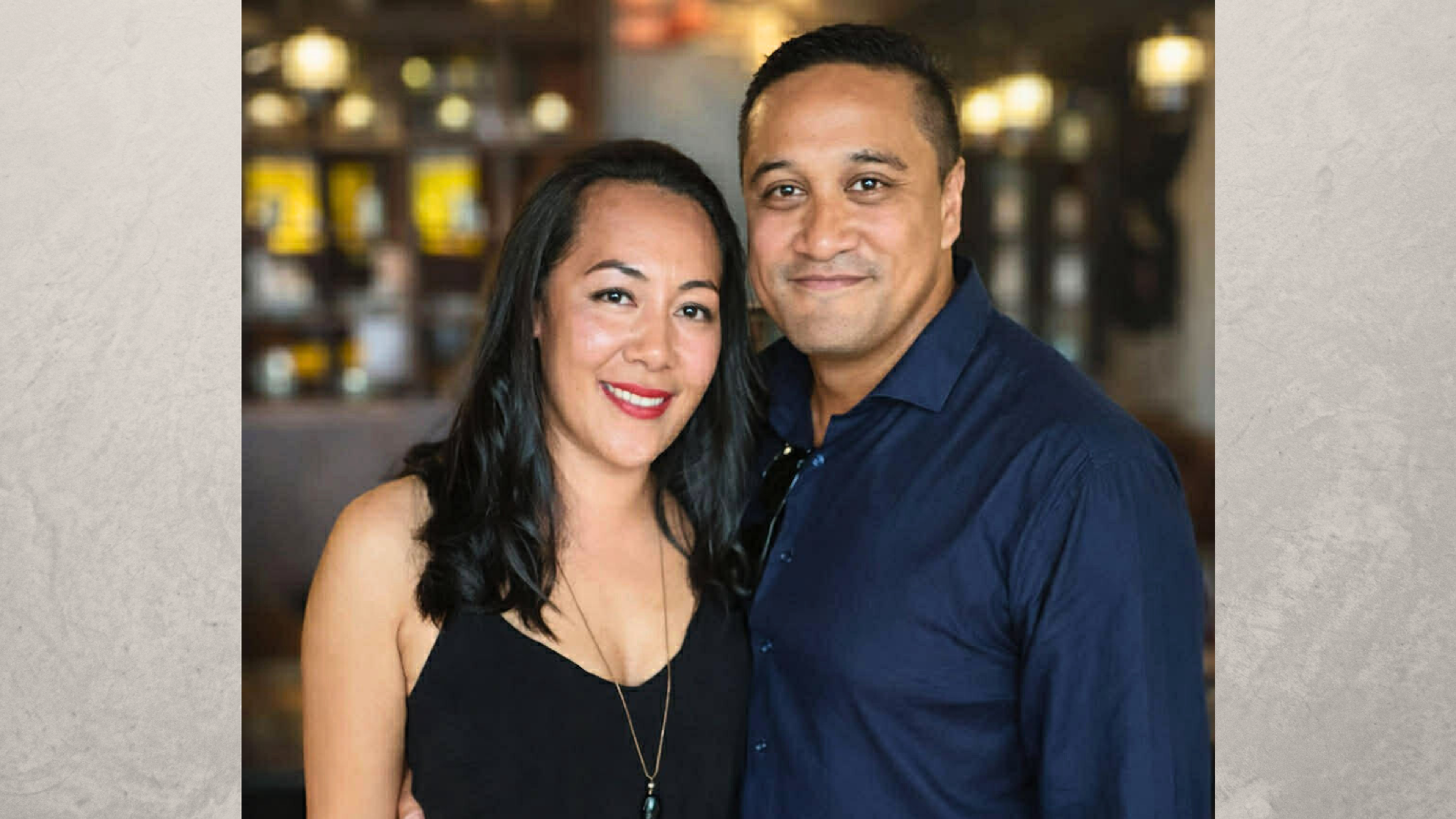
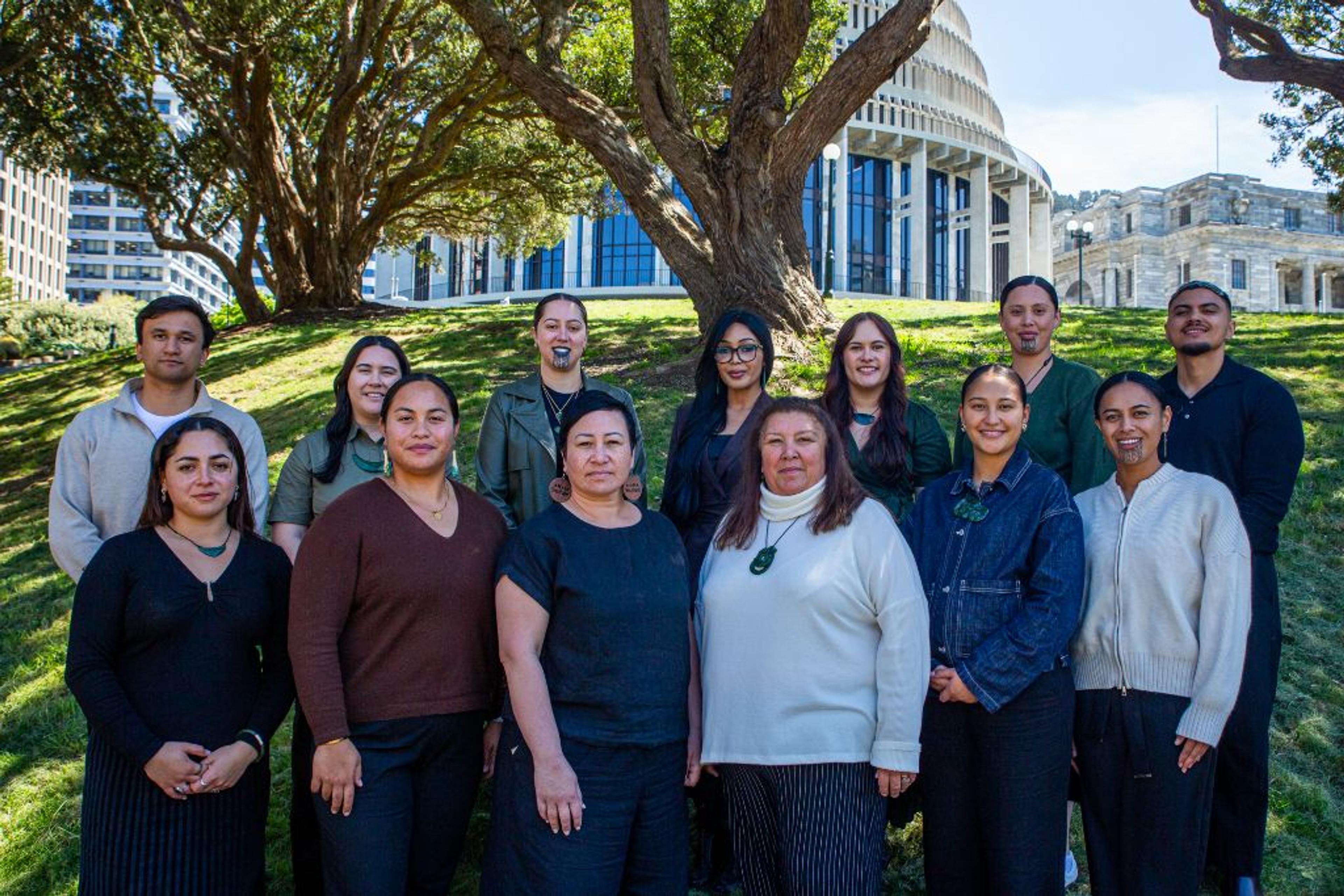
Te Kāhu Pōkere, an iwi-mandated Māori youth delegation representing rangatahi from across the motu, will carry the voices of whānau, hapū, and iwi to the global stage, bringing mātauranga Māori (Māori knowledge) and Indigenous leadership to the centre of the climate conversation.
Photo/Supplied
COP30: Pacific Islands call for bold action as Māori youth prepare to make history in Brazil
As world leaders gather in the South American nation, Pacific nations are warning that time is running out.

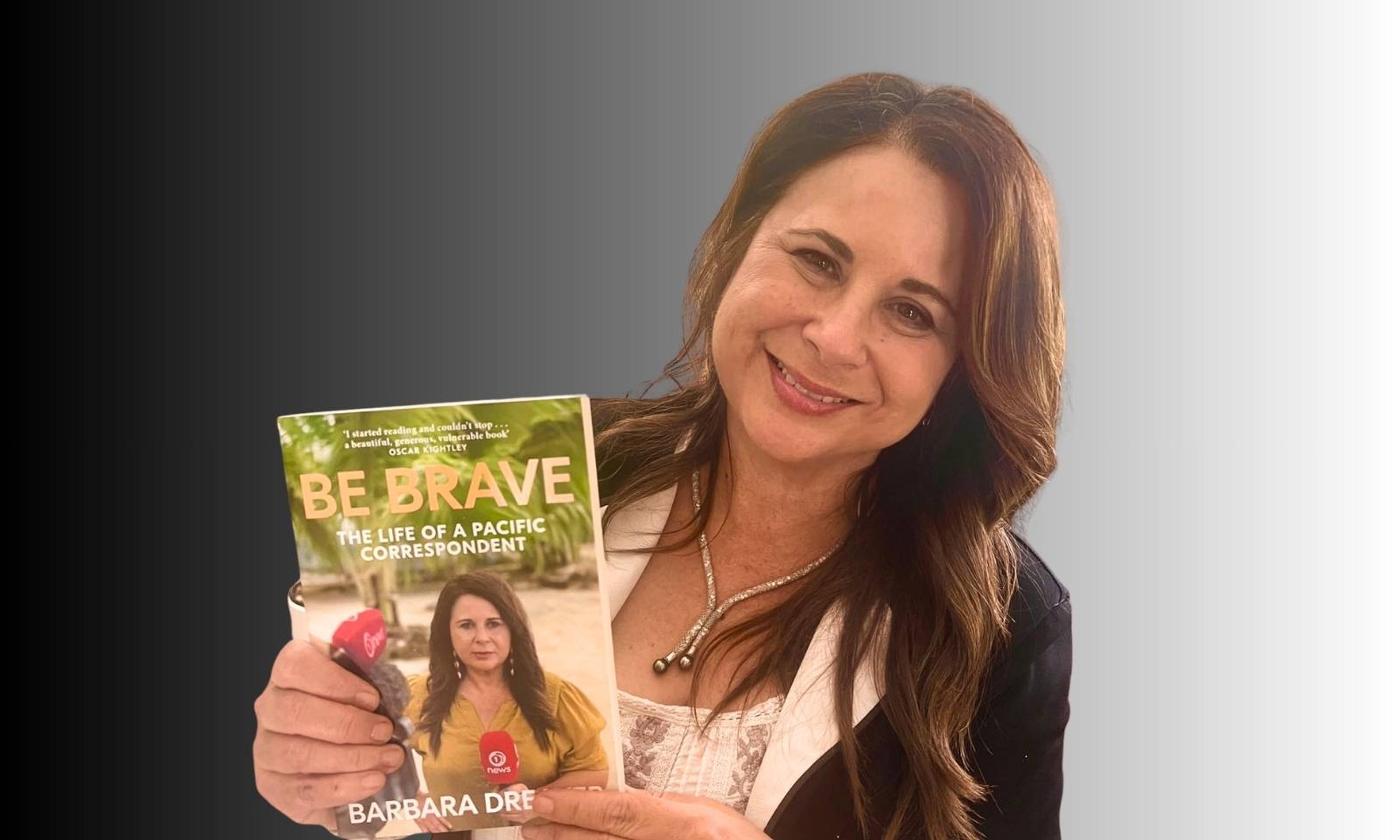
‘Without fear or favour’: Barbara Dreaver chronicles 30 years on the Pacific frontline
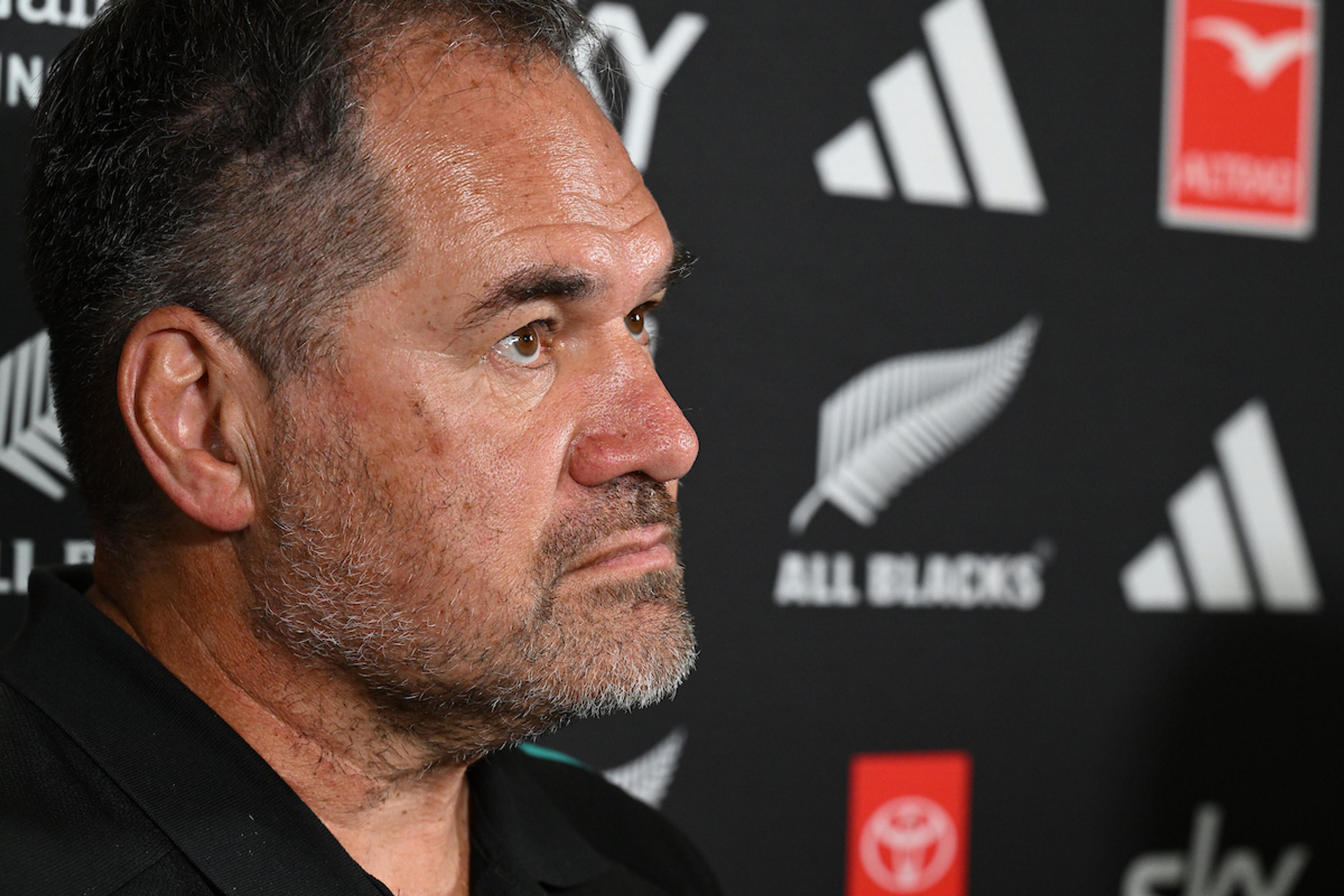
Dave Rennie becomes first All Blacks coach of Pacific heritage


Tongan family in Abu Dhabi recount explosions as Middle East conflict escalates

‘Without fear or favour’: Barbara Dreaver chronicles 30 years on the Pacific frontline

Dave Rennie becomes first All Blacks coach of Pacific heritage

As the world prepares for the 2025 United Nations Climate Change Conference (COP30) in Belém, Brazil, this weekend, Pacific and Māori voices are growing louder - calling for real action to protect communities already living with the impacts of climate change.
For the islands of the Pacific and for Aotearoa New Zealand, this year’s UN summit is more than another global meeting, it is a fight for survival.
COP30 marks 10 years since the Paris Agreement was signed. That agreement set a target to limit global warming to 1.5°C, but the latest UN report warns the world is still far off track.
The Emissions Gap Report 2025 shows current government pledges will lead to a devastating rise of 2.3–2.5 °C.
Dr Sindra Sharma from the Pacific Islands Climate Action Network (PICAN) says in a statement that the findings confirm what island communities already know.
“For the Pacific, this goes beyond policy failure, it’s a death sentence. Expanding fossil fuels is incompatible with a livable future,” she says. “COP30 must be the moment where leaders match science with courage and ambition.”
Across the Pacific, the signs of a warming planet are clear - coral bleaching, stronger cyclones, rising seas and more frequent floods and fires. For many islanders, these are no longer forecasts but daily realities.
The focus in Belém is shifting from promises to delivery: cutting emissions at their source, helping communities adapt, and protecting nature.
For the Pacific, the ocean is central to both climate risk and climate solution.
It absorbs most of the planet’s heat and much of its carbon, yet it is under threat from warming, acidification and overfishing.
Protecting the ocean and coastal ecosystems is now recognised as essential for both climate stability and community survival.
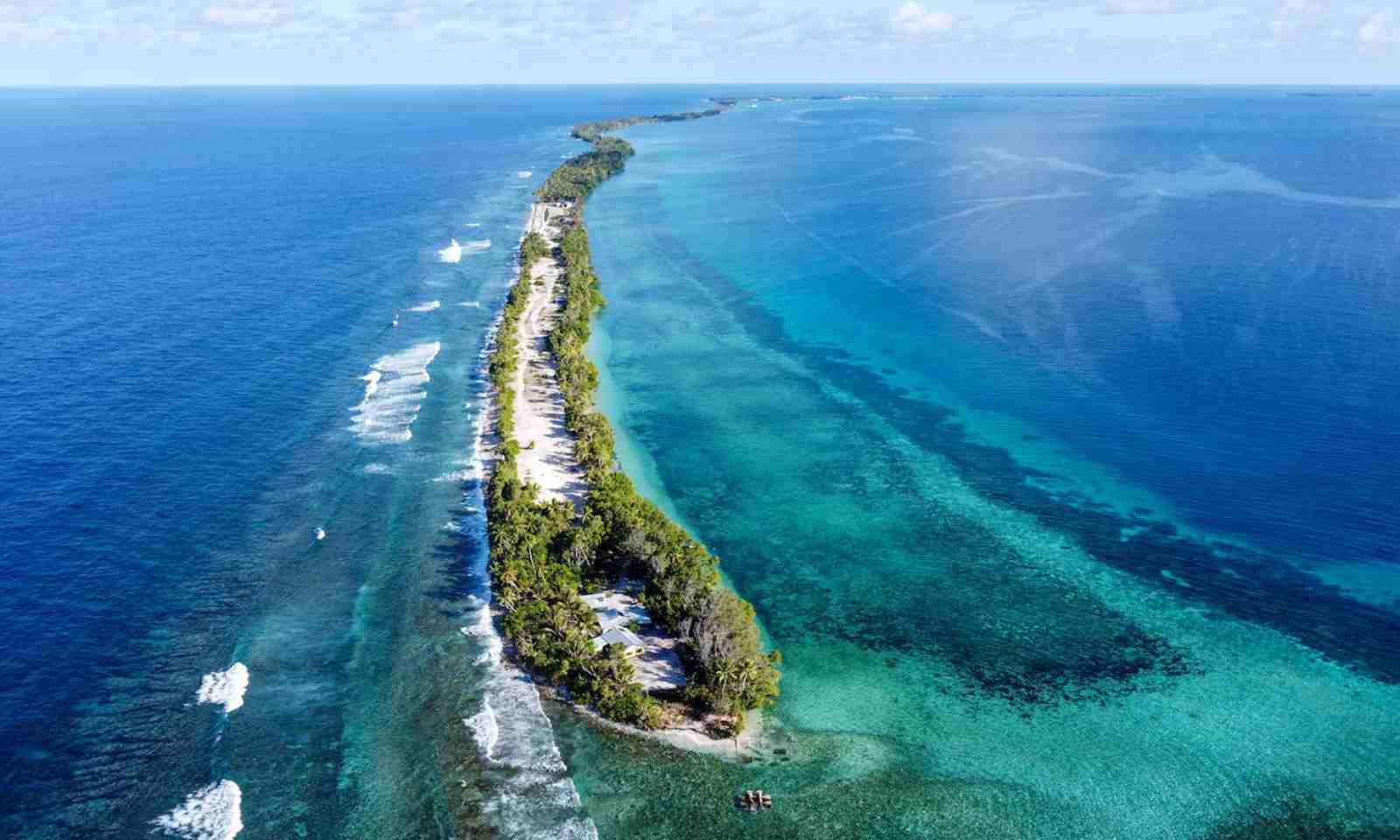
For communities already facing rising seas, stronger storms and disappearing coastlines, this year’s climate summit must deliver real action, not more promises, to cut emissions, protect the ocean, and help people adapt to a rapidly changing world. Photo/ANU
Pacific and Indigenous leadership at the forefront
Pacific countries have long led global advocacy for more decisive climate action.
Earlier this year, a historic International Court of Justice opinion, driven by Vanuatu and supported by Pacific youth, confirmed that nations have a legal duty to act on climate change and protect future generations.
That ruling gives Pacific leaders new leverage heading into COP30.
Now, Aotearoa will also send a historic first: Te Kāhu Pōkere, an iwi-mandated Māori youth delegation representing rangatahi from across the motu.
The 10-member group will carry the voices of whānau, hapū and iwi to the global stage, bringing mātauranga Māori (Māori knowledge) and Indigenous leadership to the centre of the climate conversation.
“Our leadership is grounded in whakapapa, whenua and mātauranga Māori,” their statement reads. “We stand as sovereign peoples, connected by whakapapa and a shared duty to protect te taiao, the natural world.”
Taane Aruka Te Aho, a delegate, says their role is to listen, learn and bring those lessons home. “Our job is to be like Te Kāhu Pōkere - a guardian that investigates, gathers new information, then brings that back home.”
At COP30, Te Kāhu Pōkere will call for Indigenous leadership to be recognised as essential to solving the climate crisis. Their message is simple:
Indigenous peoples must be decision-makers in climate governance.
Mātauranga Māori offers vital lessons for adaptation and resilience.
Climate justice cannot be separated from Indigenous sovereignty and Te Tiriti o Waitangi.
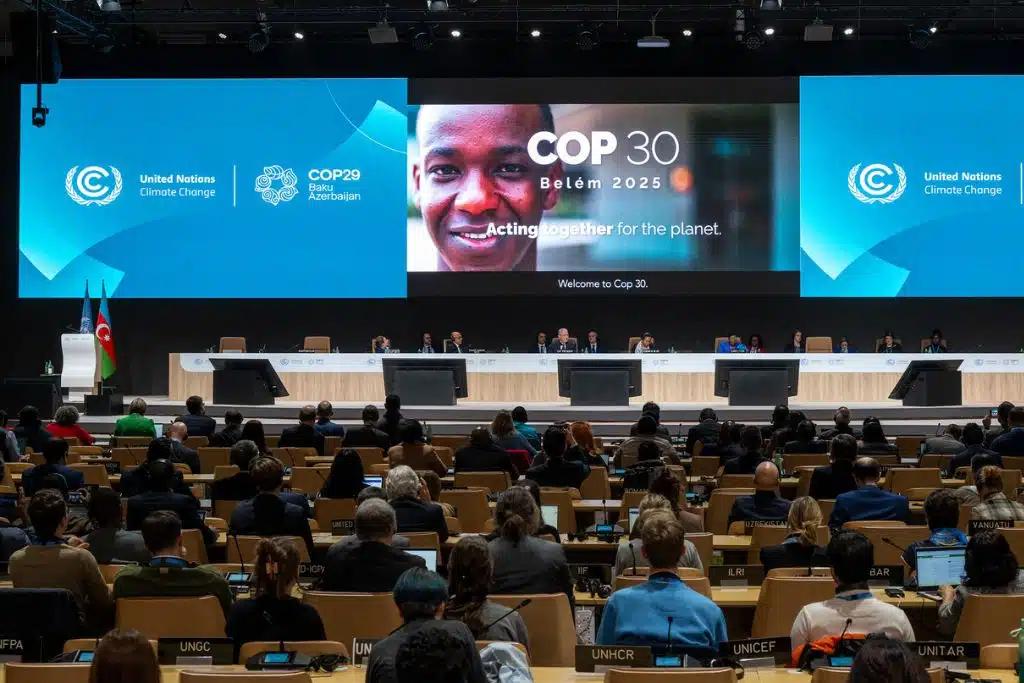
COP30 will be held in Brazil from 10-21 November. Photo/Earth.org
The path to COP31
Australia, working alongside Pacific nations, is bidding to host COP31 in partnership with the region, a move that could bring the world’s largest climate summit to Oceania in 2026.
For Pacific countries, this would be a chance to highlight their lived experiences and leadership on the global stage.
As COP30 opens in Brazil on Friday (NZ Time), Pacific leaders, Māori rangatahi and community advocates share one clear message: it is time for the world to move from words to action.
Every fraction of a degree matters, and every delay puts Pacific futures further at risk.
The official opening ceremony of COP30 will be held on Tuesday (NZ Time) and the conference ends on Saturday, 22 November (NZT).